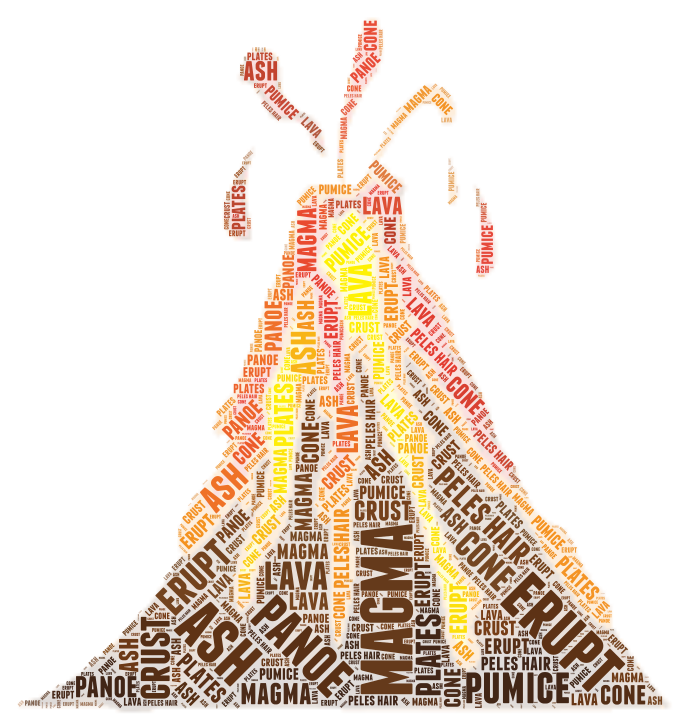
Volcanoes are one of the most fascinating natural phenomena on Earth. They have captivated human beings for centuries and continue to do so today. If you're like most people, you've probably wondered what the Latin word for volcano is. In this article, we'll explore the answer to that question and much more.
What is a Volcano?

A volcano is a geological formation that occurs when magma, ash, and gas escape from the Earth's crust. This process can occur through a variety of different types of volcanoes, including shield volcanoes, stratovolcanoes, and cinder cones. The magma that is released from a volcano can cool and harden to form new rock formations, such as basalt and obsidian.
What is the Latin Word for Volcano?
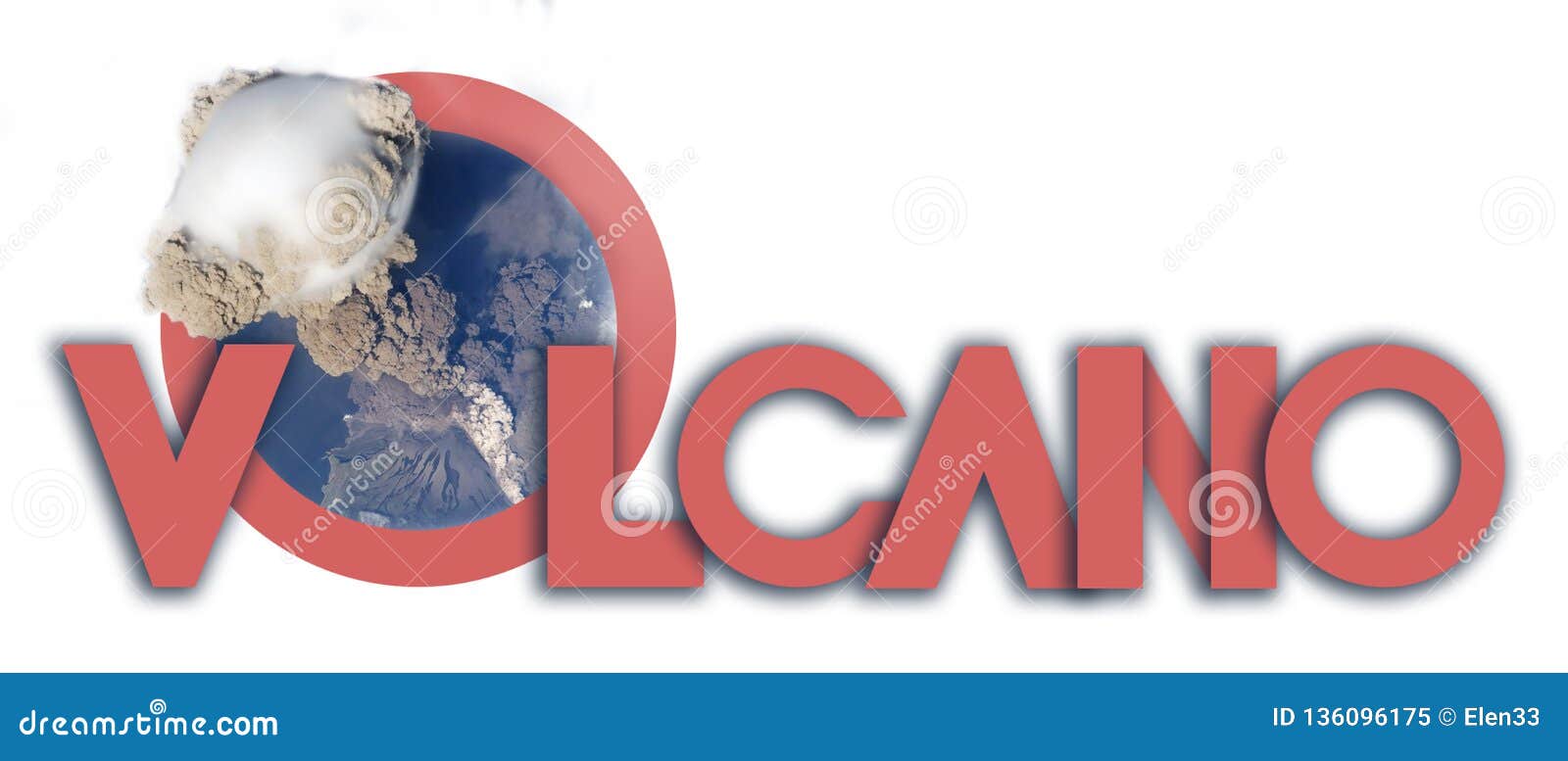
The Latin word for volcano is "vulcanus". This word is derived from the Roman god of fire and metalworking, Vulcan. The ancient Romans believed that Vulcan was responsible for the creation of volcanoes, as well as other natural phenomena related to fire and heat.
How Did the Romans View Volcanoes?
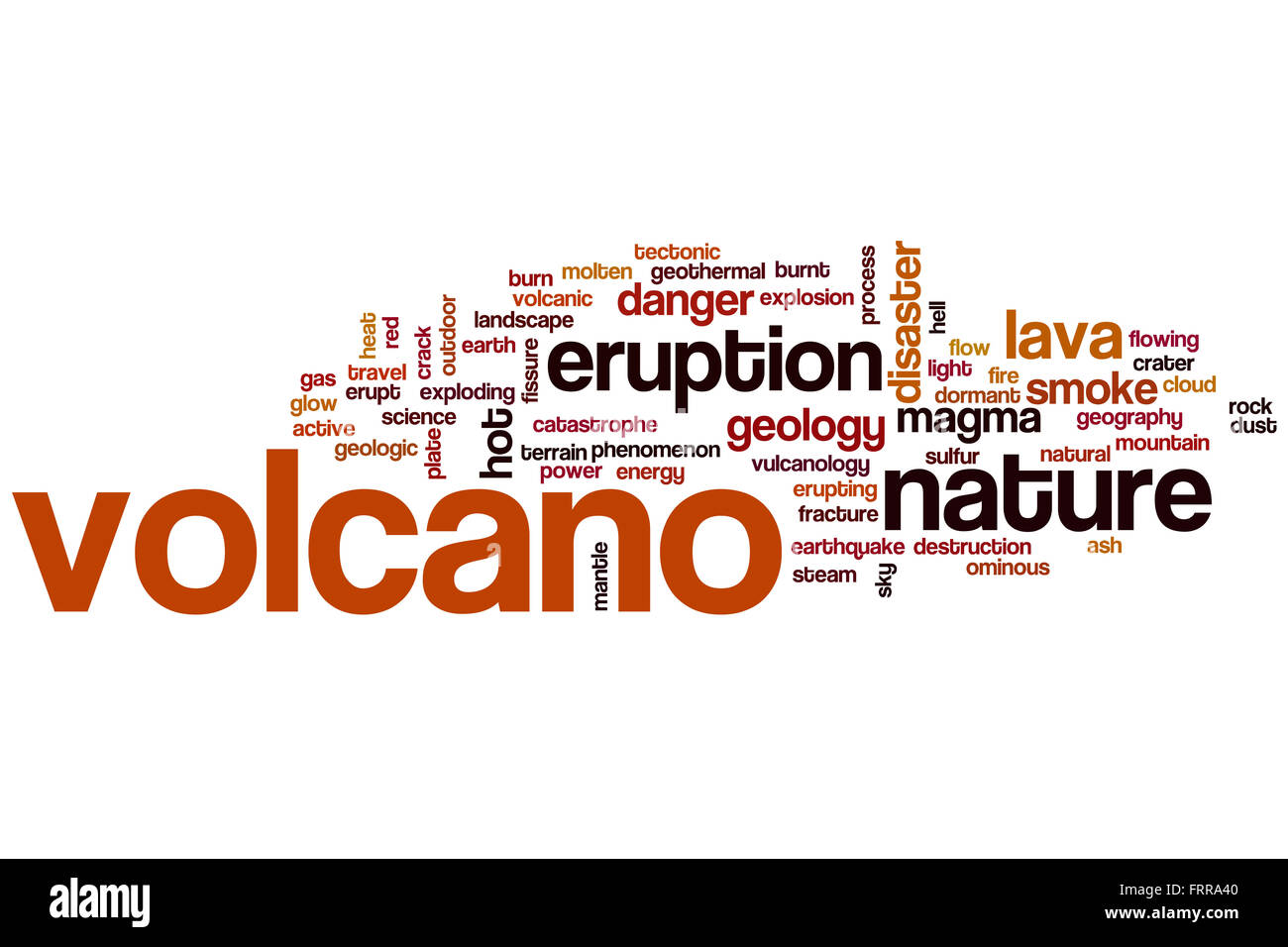
The ancient Romans had a complex relationship with volcanoes. On one hand, they saw them as a symbol of the power and might of the gods. Many Roman temples and shrines were built near volcanoes, and some even worshipped volcanoes as deities in their own right.
On the other hand, the destructive power of volcanoes was well-known to the Romans. The city of Pompeii, for example, was destroyed by an eruption of Mount Vesuvius in 79 AD. The Romans also believed that volcanoes were a sign of divine anger and punishment, and that they could be used to predict the future.
Types of Volcanoes

There are several different types of volcanoes, each with its own unique characteristics and eruption style. Some of the most common types of volcanoes include:
- Shield volcanoes
- Stratovolcanoes
- Cinder cones
- Calderas
Each of these types of volcanoes is formed by a different process and has a different shape and size. For example, shield volcanoes are typically broad and gentle-sloping, while stratovolcanoes are tall and steep.
Volcano Eruptions
Volcano eruptions can be some of the most spectacular and awe-inspiring natural events on Earth. They can also be incredibly dangerous, as they can release huge amounts of ash, gas, and lava that can cause widespread damage and destruction.
Volcano eruptions can be classified into several different types, based on the style of eruption and the materials that are released. Some of the most common types of volcanic eruptions include:
- Effusive eruptions
- Explosive eruptions
- Phreatomagmatic eruptions
- Plinian eruptions
Famous Volcanoes
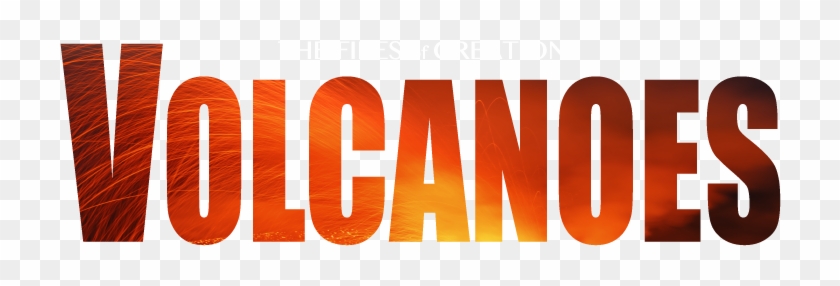
There are many famous volcanoes around the world, each with its own unique history and character. Some of the most well-known volcanoes include:
- Mount Vesuvius, Italy
- Mount St. Helens, USA
- Mount Fuji, Japan
- Krakatoa, Indonesia
- Mauna Loa, Hawaii
Volcano Safety
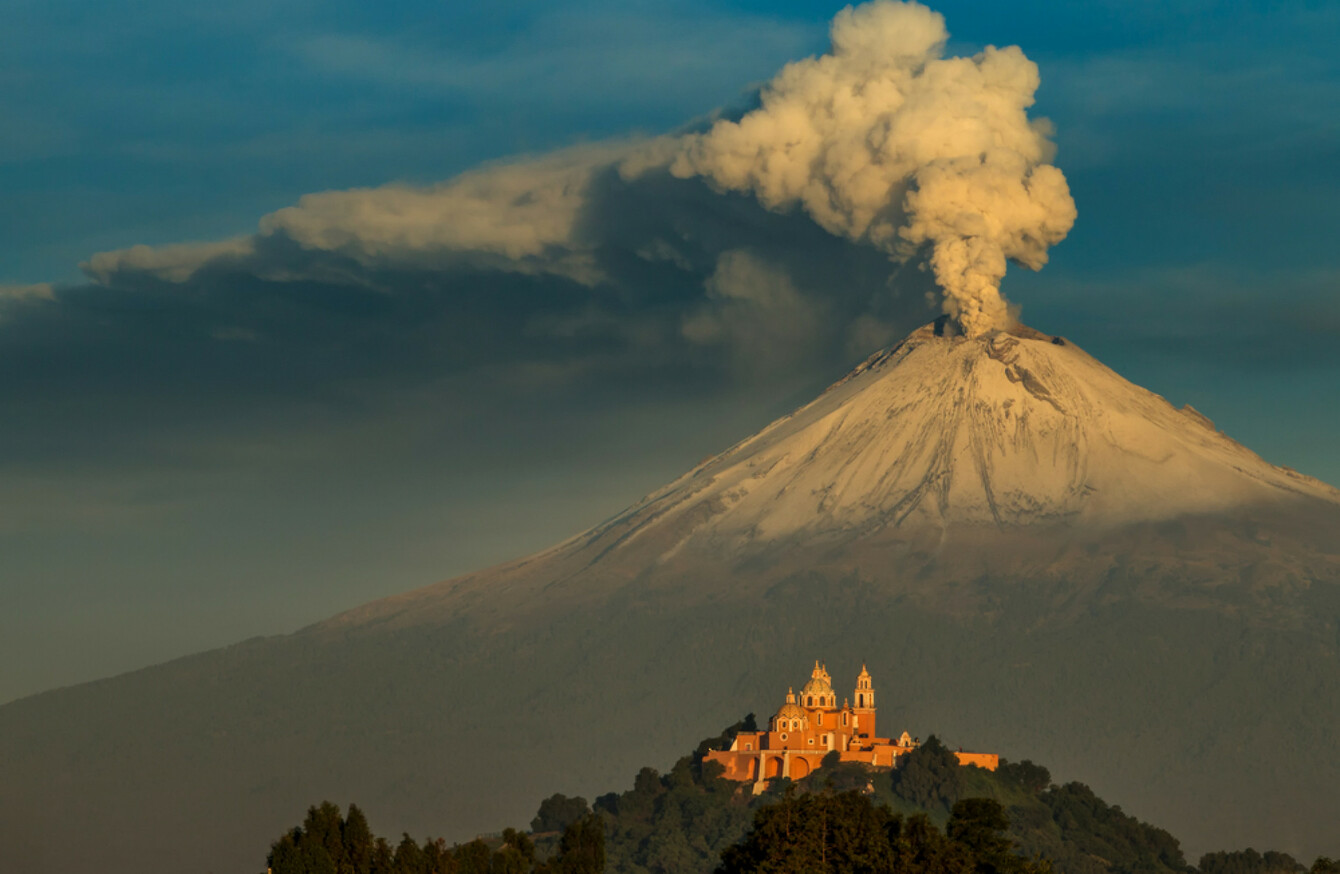
If you live near a volcano, it's important to take steps to ensure your safety in the event of an eruption. Some of the most important safety tips include:
- Stay informed about the volcano's activity
- Have an emergency plan in place
- Know the evacuation routes in your area
- Avoid areas that are downwind from the volcano
- Wear a mask to protect yourself from ash and gas
Conclusion
Volcanoes are an incredible natural phenomenon that have captivated human beings for centuries. Whether you're fascinated by their power and beauty, or concerned about their potential for destruction, there's no denying the impact that volcanoes have on our planet.
So, the next time you're wondering about the Latin word for volcano, remember that it's "vulcanus". And if you happen to be near a volcano, remember to stay safe and informed.